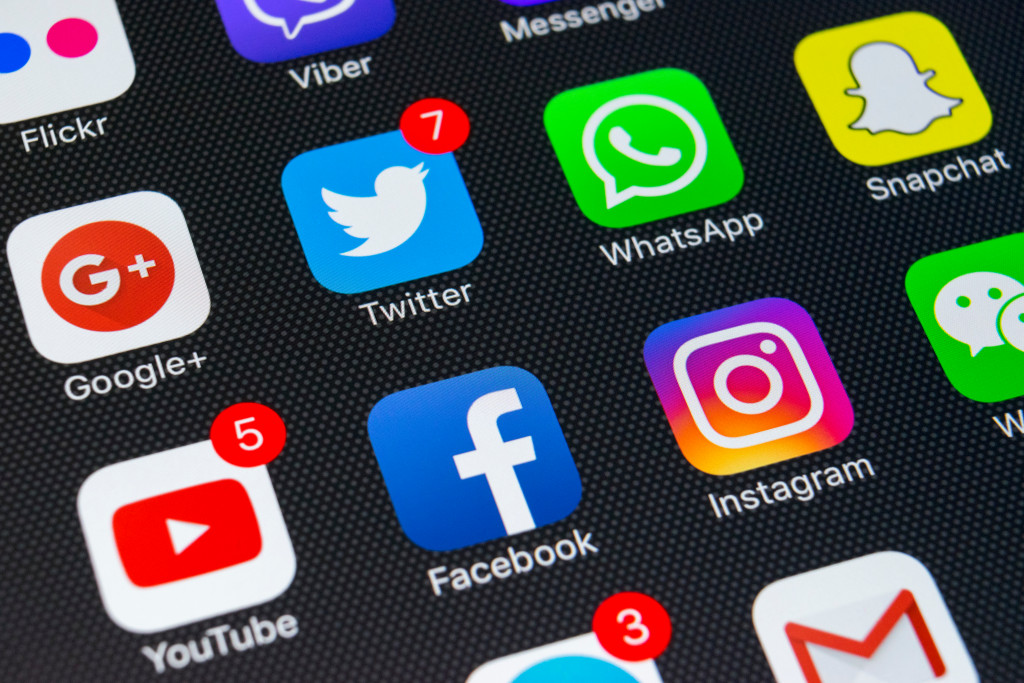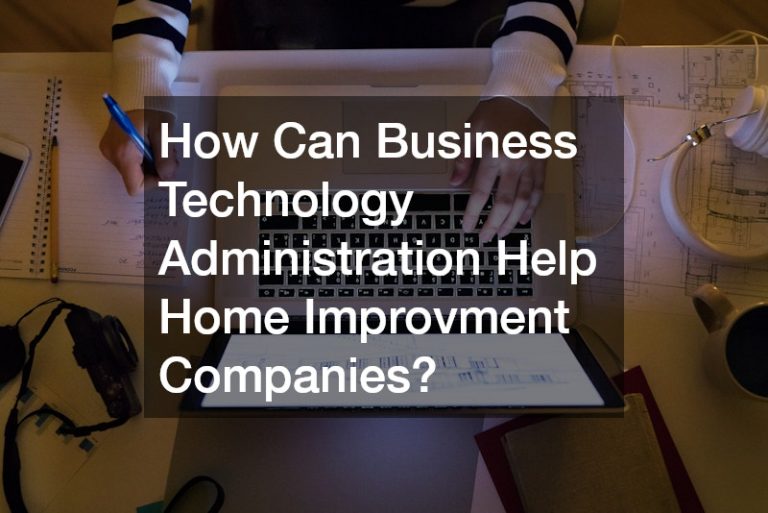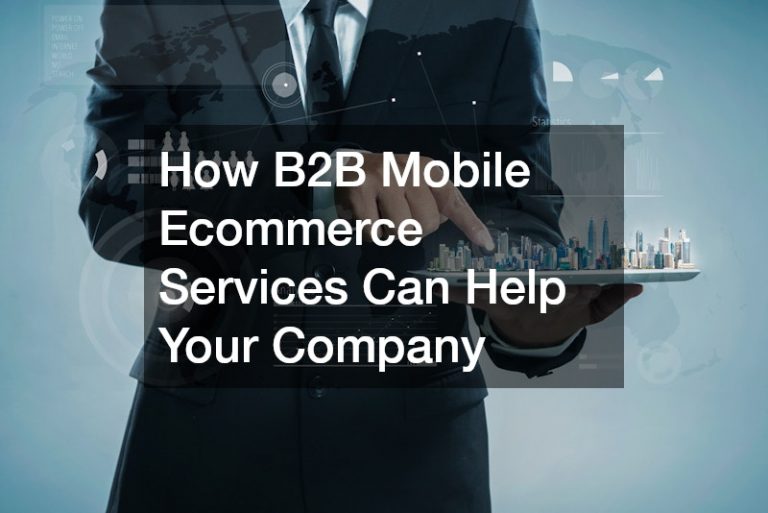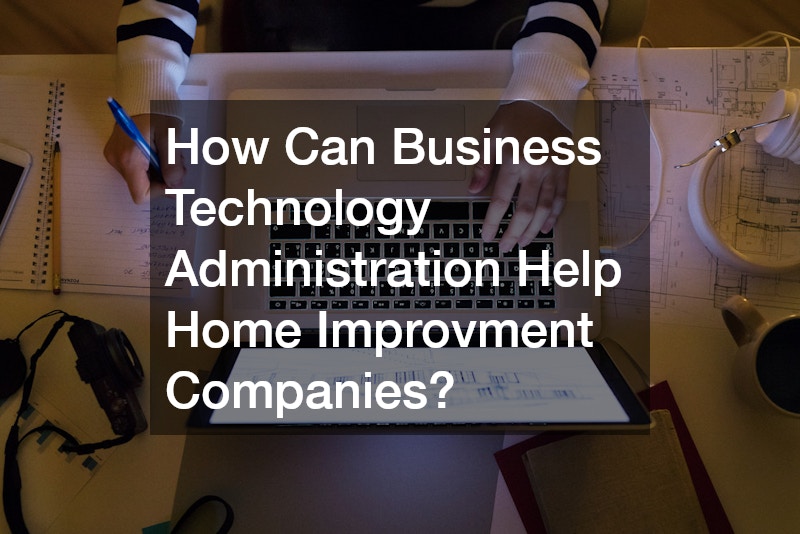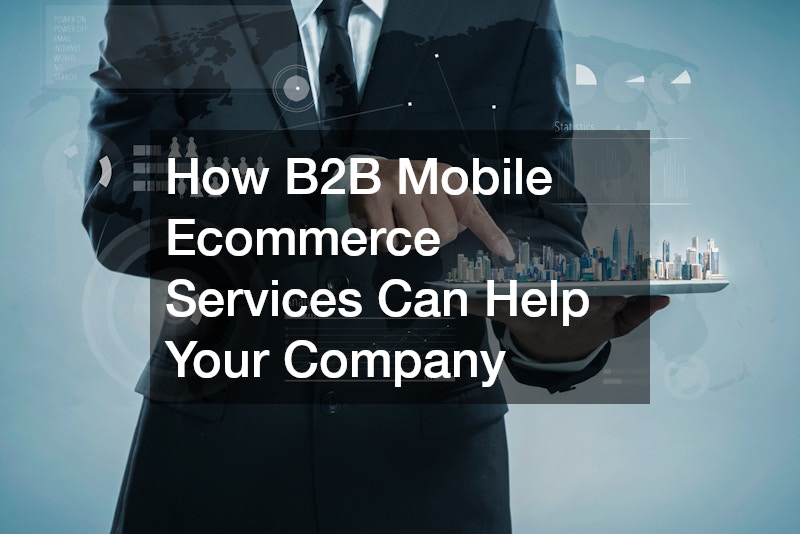As the years go by, social media is just getting better. More functions are added, allowing more ways to express ourselves. From being just a simple tool to connect with our long-lost friends, it has turned into a platform where people can do business, go live, and pretty much curate their lives.
And these changes are all supposed to be good. They’re meant to encourage us to communicate, get to know more people, get a sneak peek of the rich and famous’s lives, promote our businesses, and so on. But are the effects of those enriching?
Opinions are varied when it comes to the effects of social media. But we can all agree on one thing: it can be detrimental to our personal development.
Why and how do we reverse such adverse effects?
Self-comparison
Social media enhanced our instinct to compare ourselves with others. But self-comparison isn’t always harmful. It serves different purposes, such as satisfying fellowship needs, evaluating oneself, making decisions, seeking inspiration, and regulating emotions and well-being.
There are two ways to compare ourselves. One is upward self-comparison, which — as the name suggests — is comparing ourselves to someone superior, with the aim to reach their level. That can be beneficial because it inspires us to become like our role models. But on the flip side, it can make us feel inadequate.
The other way to compare ourselves is downward self-comparison, which is pretty self-explanatory. But, interestingly, comparing ourselves to see what could be worse often leads to self-improvement.
As such, upward self-comparison is seen as the negative effect of social media. Seeing our feeds filled with the best moments of our peers pushes us to create an idealized version of them, degrading our self-esteem in turn. It’s what causes us to compare our real, offline selves with the internet persona of our peers.
Effects on Self-Esteem

Constant exposure to upward self-comparison can crumble our self-esteem. According to research, Facebook users report higher depression rates and decreased well-being.
That is, of course, alarming, especially for minors. A report from Influential Central found that an average kid gets their first smartphone at 10.3 years old and create their first social media accounts at 11.4. And with the emergence of TikTok, kids would doubtlessly want to use it as well.
Adults may think that social media is just a fun pastime for kids, but it turns out that it can harm their mental health, too. A study revealed that kids spending over 3 hours on social media every day are twice as likely to suffer from poor mental health. In teens, the effect is much stronger; only one hour a day of social media can already make them feel miserable.
Reversing the Negative Effects
The first step to reversing the detrimental effects of social media is learning how to live without it. The Internet may have made it seem that social media is necessary, but it isn’t. It’s expendable; if people in the past generations lived without it, then so can we.
Thus, if you feel like taking a break or quitting social media altogether, feel free to do it. You can always seek inspiration from excellent self-development books instead of other people, especially ones you don’t know.
Or you can be the inspiration people are looking for. Redesign your feed; unfollow unrealistic influencers. Show the reality of everyday life, how you look like in the morning, the fat rolls on your belly every time you sit, and the unglamorous side of achieving your goals.
Don’t forget to be kind to others as well. Avoid making negative comments on other people’s posts. Because if you want a change, then it should start in you. Your positive online presence will nurture relationships and help break ideals.
